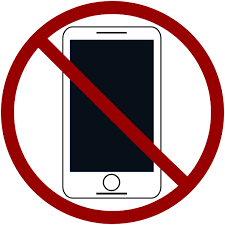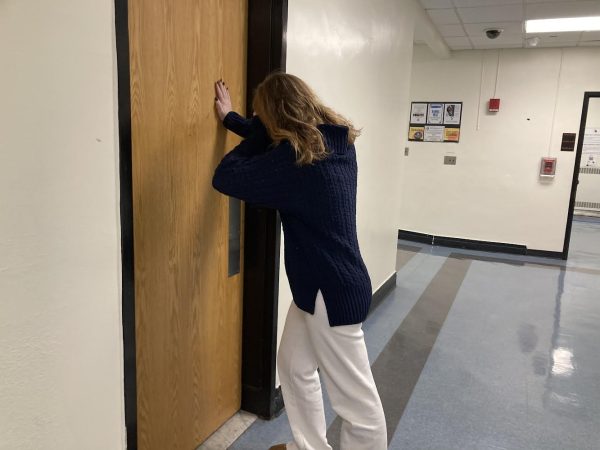Why Random Drug Testing Isn’t the Way To Go
March 23, 2016
Since the Supreme Court ruled random testing programs constitutional in 2002, more than a thousand schools have implemented them. Randomly screening the urine of America’s youth is a very invasive policy that fails to achieve its purpose. Graham Boyd, the Director Drug Law Reform Project, of the American Civil Liberties Union thinks that “Instead of wasting the limited funding on this embarrassing and counterproductive policy, schools should educate students on the dangers of drug use as well as provide counseling to students who already use them and are in need.” The right to be free from unreasonable searches is a fundamental guarantee of the Constitution. Boyd makes it clearest by saying that random student drug testing, which forces individuals to prove their innocence without any suspicion of guilt, “undermines these basic constitutional principles.”
If a child is constantly falling asleep in class, a teacher might think it’s best for the student to get drug tested because using drugs can cause failing to live up to the student’s academic or social potential, get them in trouble with the law or may be jeopardizing the health and safety of themselves and others. They can see this as “saving” the student but these teachers need to realize drug testing isn’t the answer and won’t solve anything. That child may have had a rough night at home and couldn’t sleep at all, and now you’re asking them to pee in a cup. Even if they had taken drugs before, what’s the use of drug testing now? If we implemented classes that taught more about drug safety, chances are that student wouldn’t have taken the drugs in the first place.
Furthermore, drug testing does not work. If our goal is to both protect students today and to provide them the tools to protect themselves in the future, than random drug testing is a recipe for failure.












